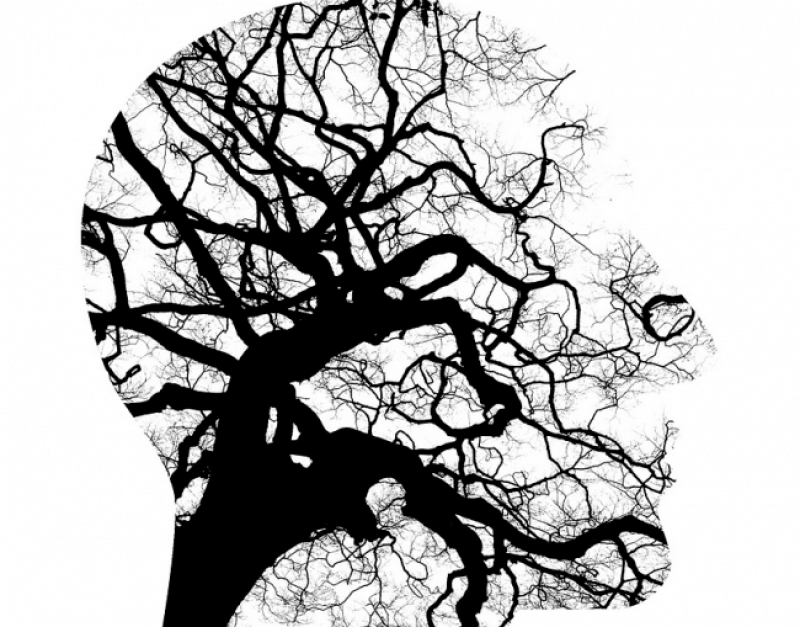Nearly one in five Americans currently suffers from a mental illness, and roughly half of us will be diagnosed with one at some point in our lives. Yet, these occurrences may have nothing to do with a genetic flaw or a traumatic event.
Randolph Nesse, a professor of life sciences at Arizona State University, attributes high rates of psychiatric disorders to natural selection operating on our genes without paying heed to our emotional well-being. What’s more, the selective processes took place thousands of years before the unique stresses of modern urban existence, leading to a mismatch between our current environment and the one for which we were adapted.
In his new book, Good Reasons for Bad Feelings: Insights from the Frontier of Evolutionary Psychiatry, Nesse recruits the framework of evolutionary medicine to make a case for why psychiatric disorders persist despite their debilitating consequences. Some conditions, like depression and anxiety, may have developed from normal, advantageous emotions. Others, such as schizophrenia or bipolar disorder, result from genetic mutations that may have been beneficial in less extreme manifestations of a trait.
Read full, original post: Susceptibility to Mental Illness May Have Helped Humans Adapt over the Millennia































